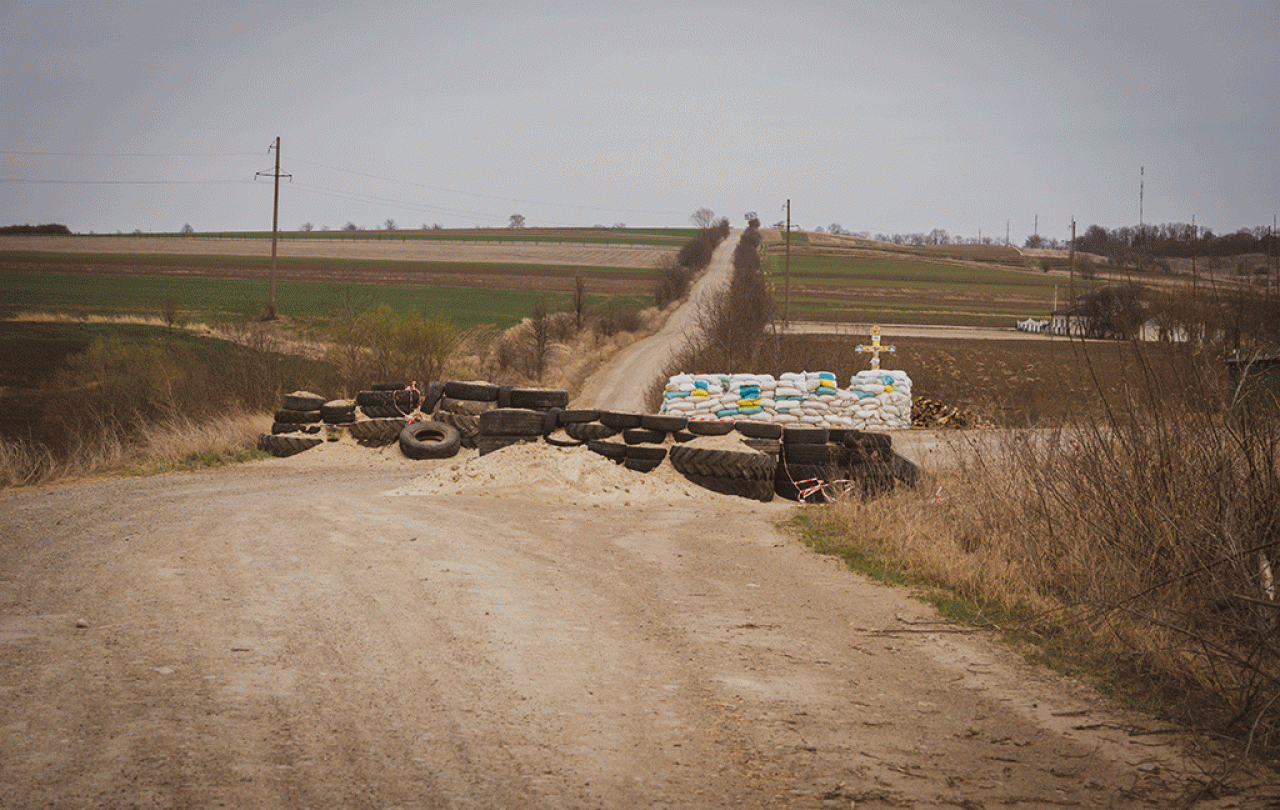And so The Traitors comes to a close once again.
Despite the small matter of it reinforcing my anxieties about our modern predisposition for isolation, I’ve really enjoyed this series. It’s been full of twists, tension, and just the right amount of over-the-top melodrama.
And in this respect, the series finale did not disappoint. Amidst the backstabbing, and the reveals, and the arguments, however, it got me thinking about the nature of faith.
Be warned: there are spoilers ahead for the finale of The Traitors.
As the finale begins, pseudo-Welshwoman Charlotte (I promise that makes sense in context) is the last Traitor standing. However, she is unmasked as a Traitor by Faithful Frankie, who wins the power to reveal one contestant’s identity and picks the right person through a mildly infuriating fluke.
Charlotte is banished and the remaining four Faithfuls enter ‘the endgame’. At this point, if all four agree, the game ends and they split the £94,600 jackpot between them. That is, unless a traitor remains in the game. In that case, the traitor takes the lot.
It was absolutely fascinating and more than a little heartbreaking to watch these four people – all of whom were Faithfuls – work out whether they can trust each other. If all of them agree to end the game, they each walk away with £23,500.
But they don’t.
Initially, all four contestants decide to continue. None of them quite trusts the people around them. And so, the hapless Alexander is voted off next. He was too pure for this game anyway; he would have given his share to charity.
Three remain. All three once again vote to continue.
One contestant, Jake, says
“I’m just not confident that I can trust the people around me.”
And so he, along with the other remaining Faithful Leanne, votes to banish Frankie. The same Frankie who outed Charlotte as a Traitor. The same Frankie who wanted the money so she could surprise her boys back home.
Two remain. And so the game ends by default.
But the doubts don’t end. Jake and Leanne are left wondering if they will leave with £47,300 each, or if they’re just about to be screwed over by the other. The viewer gets the impression that, if each could banish the other, they would.
“Why won’t you look me in the eyes?!” Leanne asks Jake in a panic, now seemingly convinced Jake is a traitor, about to take away all her hard-earned money. About to take away her only chance at IVF, and a baby.
Both are revealed as Faithfuls and the game ends with joy and tears. Jake gets to renovate his house, Leanne gets to try for a baby. All is well. Except for the 23 other contestants who leave with nothing, dreams in tatters.
I’m not saying that Jake, Leanne, Frankie, and Alexander are wrong for being suspicious of others. Having faith is hard. It is an act of courage.





